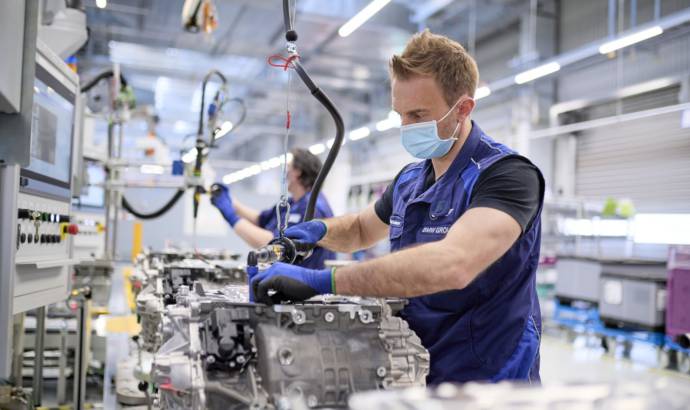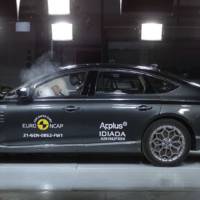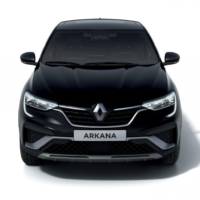BMW is stepping up its electric offensive with the new i4 and iX4. The German manufacturer is now entering the phase of production for the batteries and powerplants.
Production of fifth-generation high-voltage batteries and battery modules for use in the BMW iX and BMW i4 is now underway at the Competence Centre for E-Drive Production in Dingolfing. At the same time, the company is also increasing production capacity for its fifth-generation electric motor, which has been built in Dingolfing for the BMW iX3 since 2020 and will also power the BMW iX and BMW i4.
The BMW Group is investing more than 500 million euros in expanding production capacity for e-drives at its Dingolfing location alone between 2020 and 2022. From 2022, it will produce e-drives for more than half a million electrified vehicles. The BMW Group will invest a total of around 790 million euros in expanding capacity for electric powertrain components at its Dingolfing, Leipzig, Regensburg and Steyr locations between 2020 and 2022.
Standard production of the BMW iX will soon get underway at BMW Group Plant Dingolfing, followed by production of the BMW i4 at Plant Munich in the autumn. The highly integrated e-drives and high-voltage batteries for these vehicles will all be manufactured at the Competence Centre for E-Drive Production in Dingolfing. The BMW Group has already begun producing battery components at Plants Regensburg and Leipzig in April and May 2021. In response to increased demand for e-drives, BMW Group Plants Landshut and Steyr are increasing production of e-drive housings.
The output and energy content of drive units and high-voltage batteries with fifth-generation BMW eDrive technology can be flexibly scaled. This means they can be optimally adjusted to suit different model variants.
Each vehicle uses up to two highly integrated e-drives, which combine the electric motor, power electronics and transmission in a single housing. Based on the design principle of a current-excited rotor, the fifth-generation e-drive does not require any materials classified as rare-earth metals.
The Competence Centre for E-Drive Production in Dingolfing currently has almost 1,400 employees. By the end of 2021, around 1,900 employees are expected to work in e-drive production in Dingolfing.



